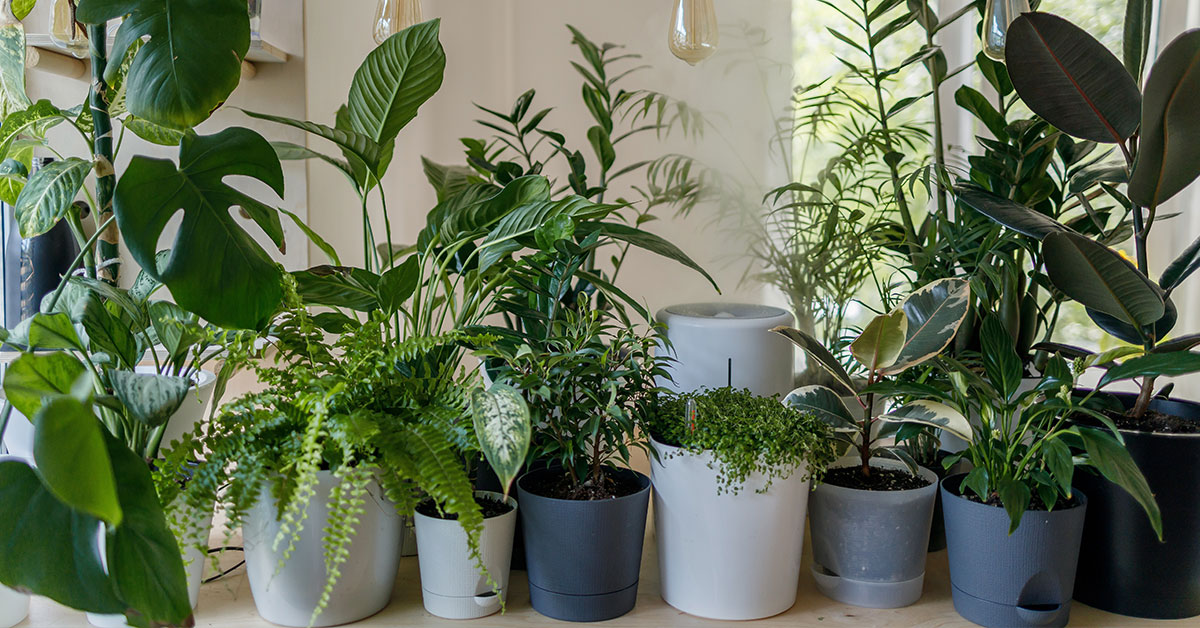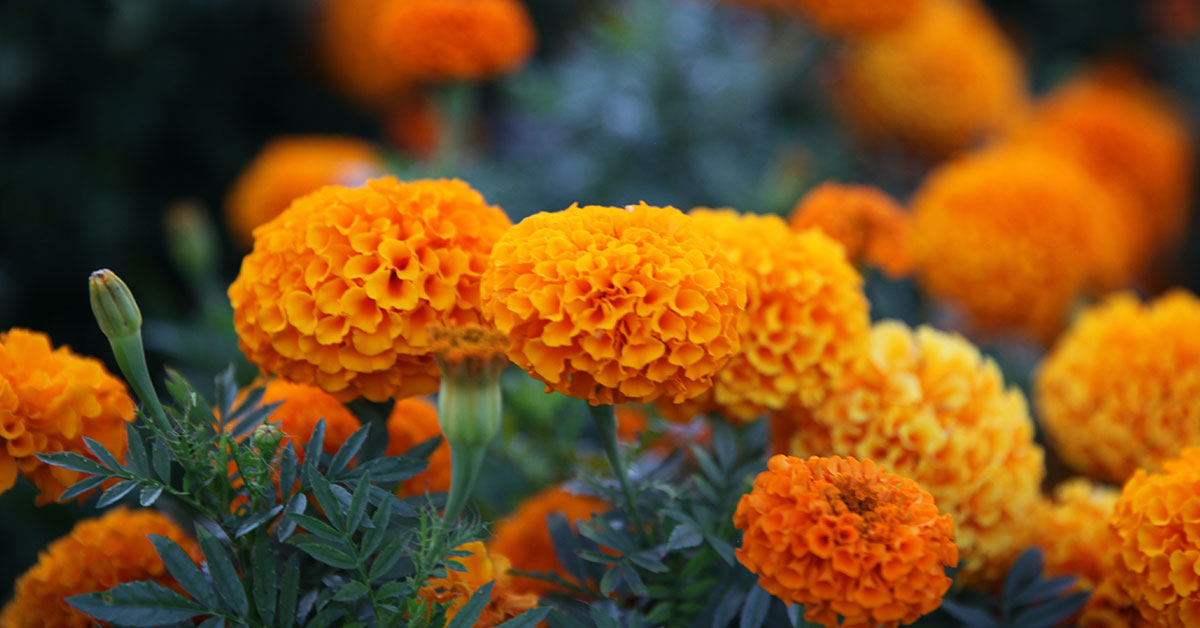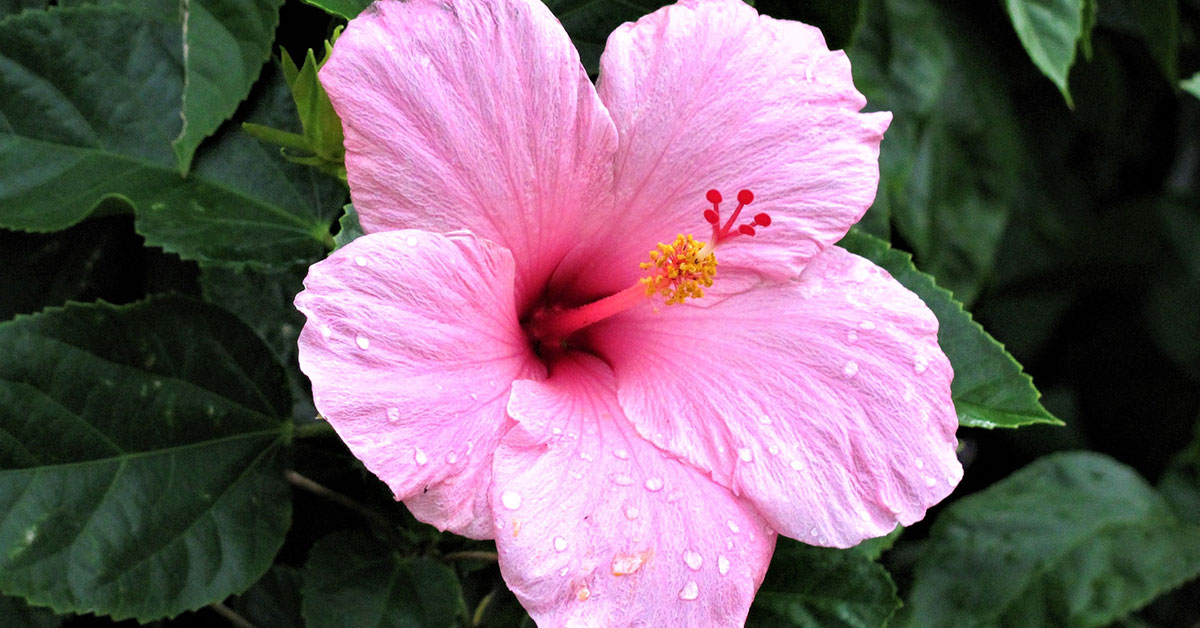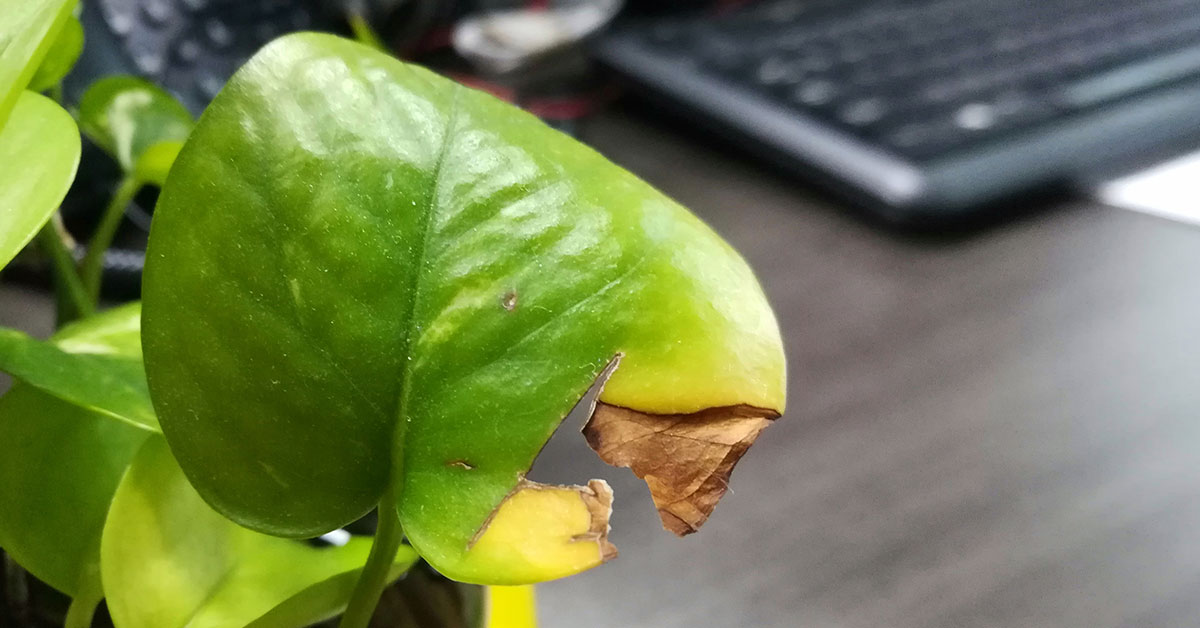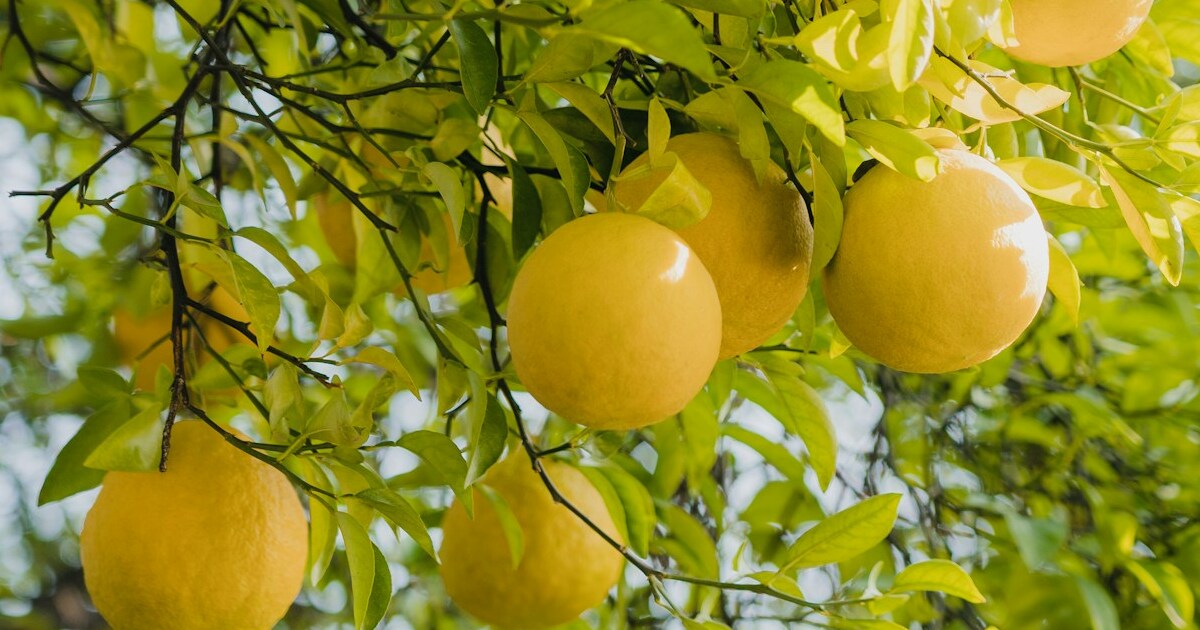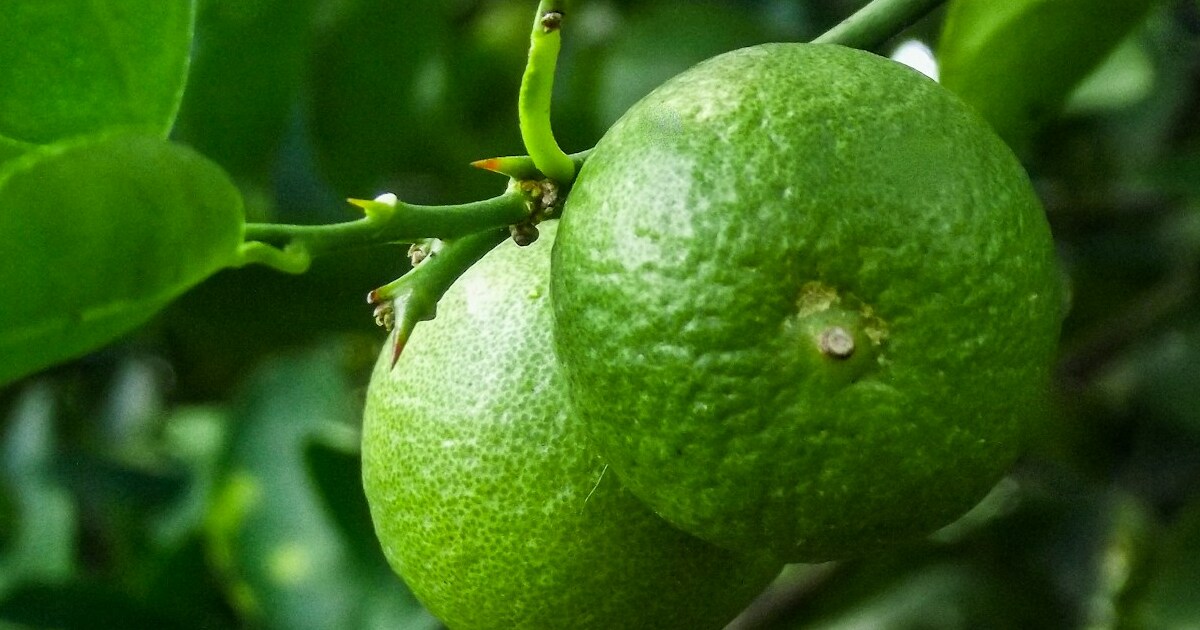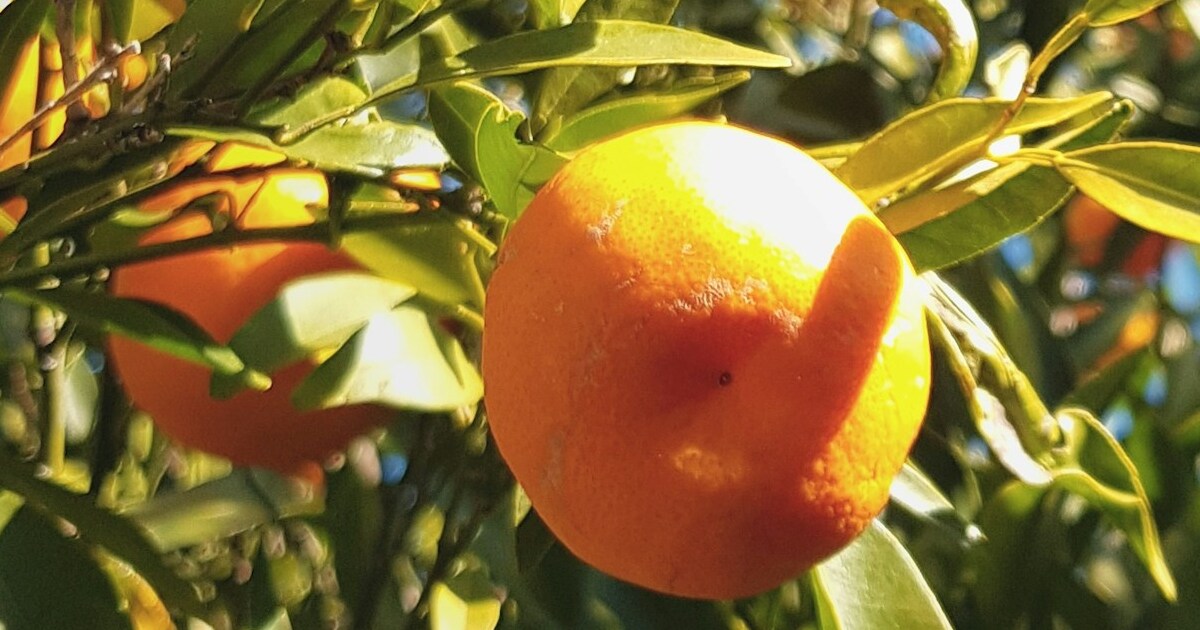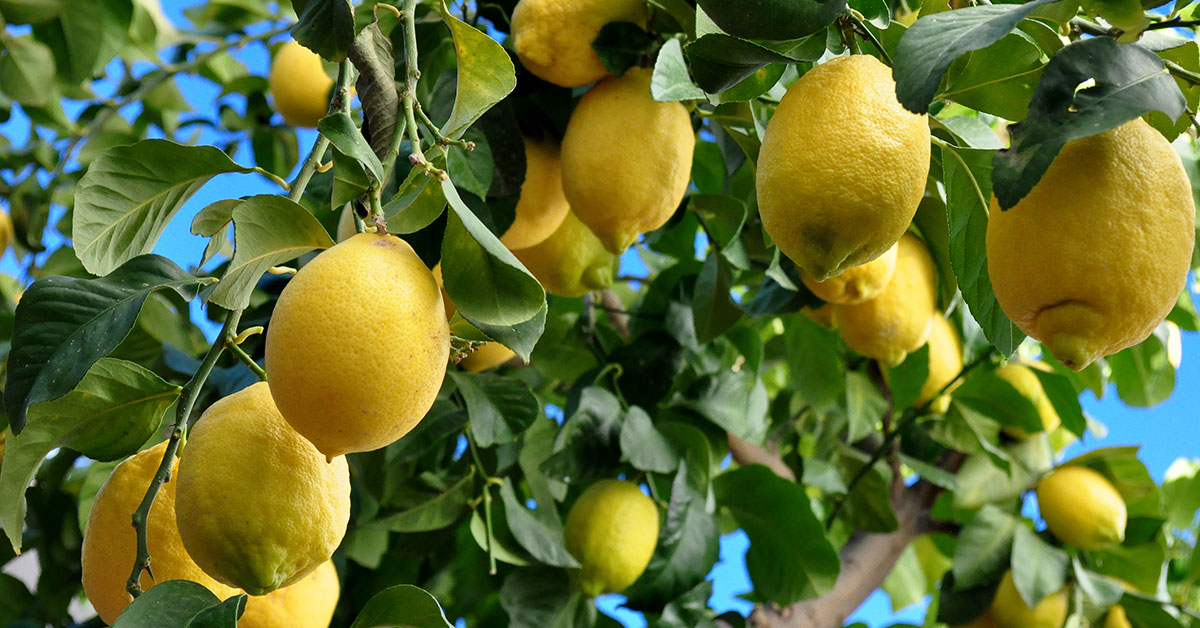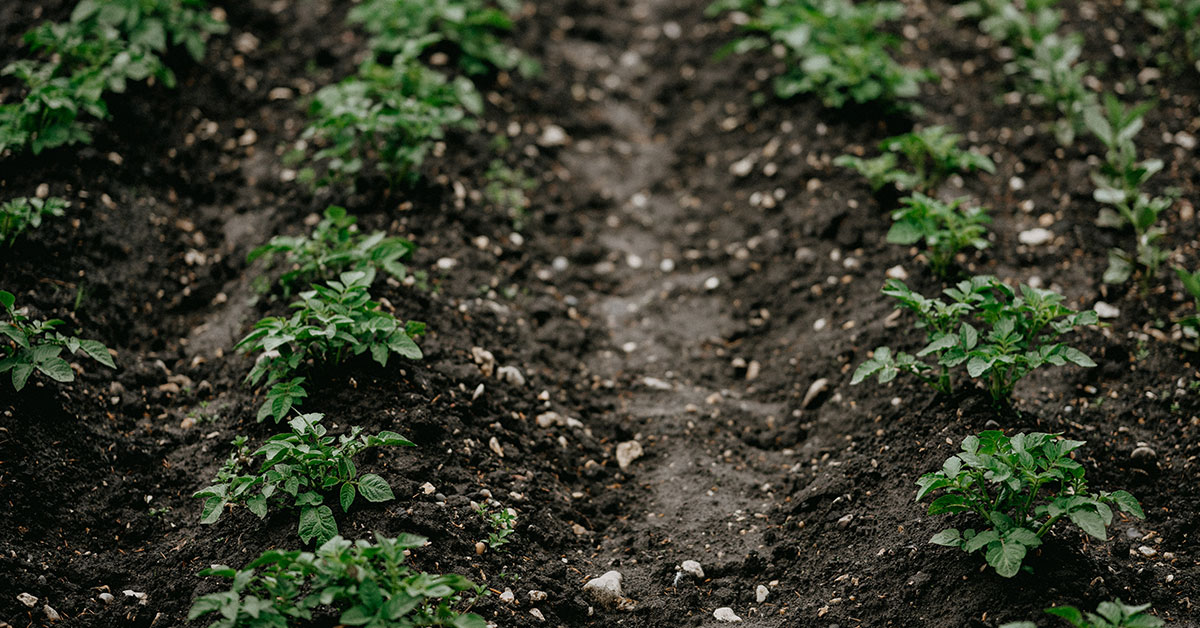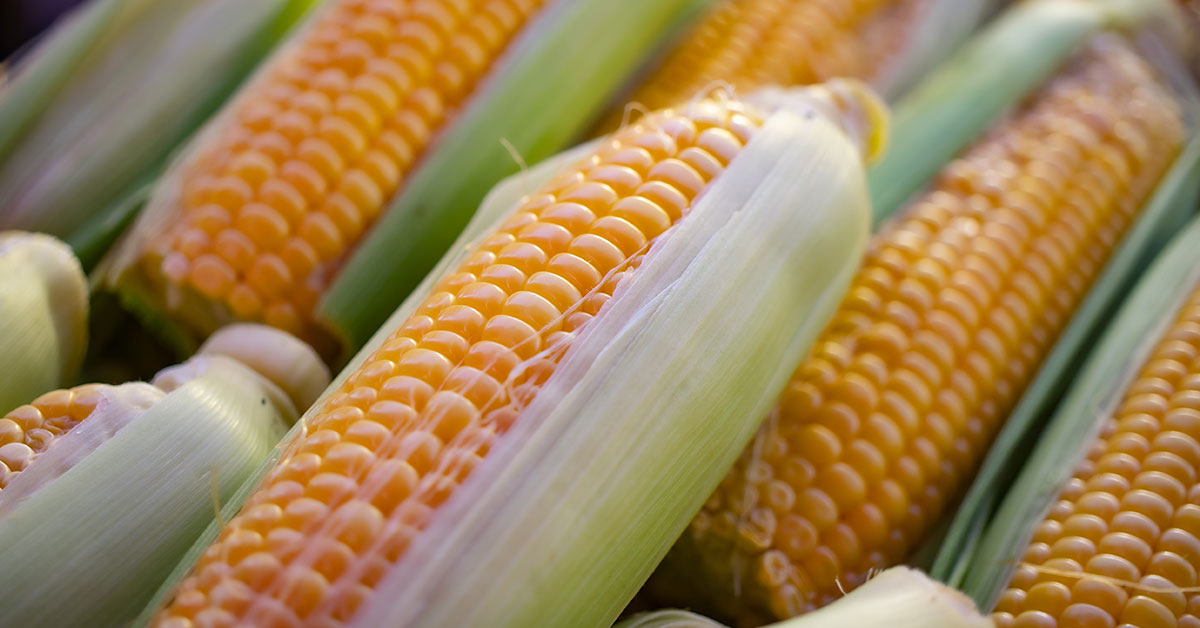A common question I hear asked is: is sugar water good for plants? It comes from a good place – we just want to help our plants grow and thrive. But is there any truth to the idea that sugar water can help your plants grow? In this article, we’ll explore
Is sugar water good for plants?
There is no evidence that supports the idea that sugar water can help plants grow. It is likely that sugar water does not help plants grow because plants need essential nutrients such as nitrogen, phosphorus, potassium, calcium, and magnesium to thrive, and these essential nutrients are found in the soil and in fertilizers, not sugar water. Sugar water does not contain any of these essential nutrients, so it is unable to provide any of the benefits that plants need in order to grow. Additionally, sugar water may cause some plants to become unbalanced and can even lead to plant death. This is due to the fact that sugar water can cause an increase in osmosis, which can lead to dehydration and ultimately death.
How to help plants grow
Helping plants grow can be done in a few different ways. Firstly, providing plants with the correct amount of water and sunlight are key. A good way to ensure the right amount of water is to use a soil meter to check the moisture levels of the soil, and then water accordingly. Additionally, make sure the plants are getting enough sunlight. Keeping plants in direct sunlight for a few hours a day can help them grow and thrive.
Secondly, fertilizing plants is beneficial for their growth and health. Look for organic fertilizers, as they are better for the environment and provide added nutrients. Lastly, providing plants with enough space to grow is important for their growth. Crowded plants can have stunted growth and lack proper air circulation, so make sure that each plant has enough space to fully develop.
The best fertilizer for indoor plants
Indoor plants require special fertilizers to keep them healthy and thriving. The best fertilizers for indoor plants are slow-release fertilizers that are specifically designed for houseplants. These fertilizers are usually a combination of macronutrients (nitrogen, phosphorus, and potassium) and micronutrients (calcium, magnesium, iron, and other trace minerals).
Slow-release fertilizers are ideal for houseplants because they are released gradually over time and won’t burn the plant’s roots. In addition, they provide a steady supply of nutrients that will help keep your houseplants healthy and vibrant.
Organic fertilizers are also a great choice for indoor plants. These are typically made from natural sources like compost, manure, and bone meal. Organic fertilizers are usually much less concentrated than synthetic fertilizers, so they’re less likely to burn the roots of your houseplants.
Finally, liquid fertilizers can also be used to supplement the nutrients that your plants need. These fertilizers are easy to apply, and they often contain a blend of macronutrients and micronutrients. Liquid fertilizers should be applied every two weeks to provide your houseplants with a regular supply of nutrients.
No matter which fertilizer you choose, be sure to read the label carefully and follow the directions. Over-fertilizing can be just as harmful to your plants as under-fertilizing, so be sure to get the balance just right. With the right fertilizer and a little bit of care, your indoor plants will stay healthy and vibrant for years to come.


